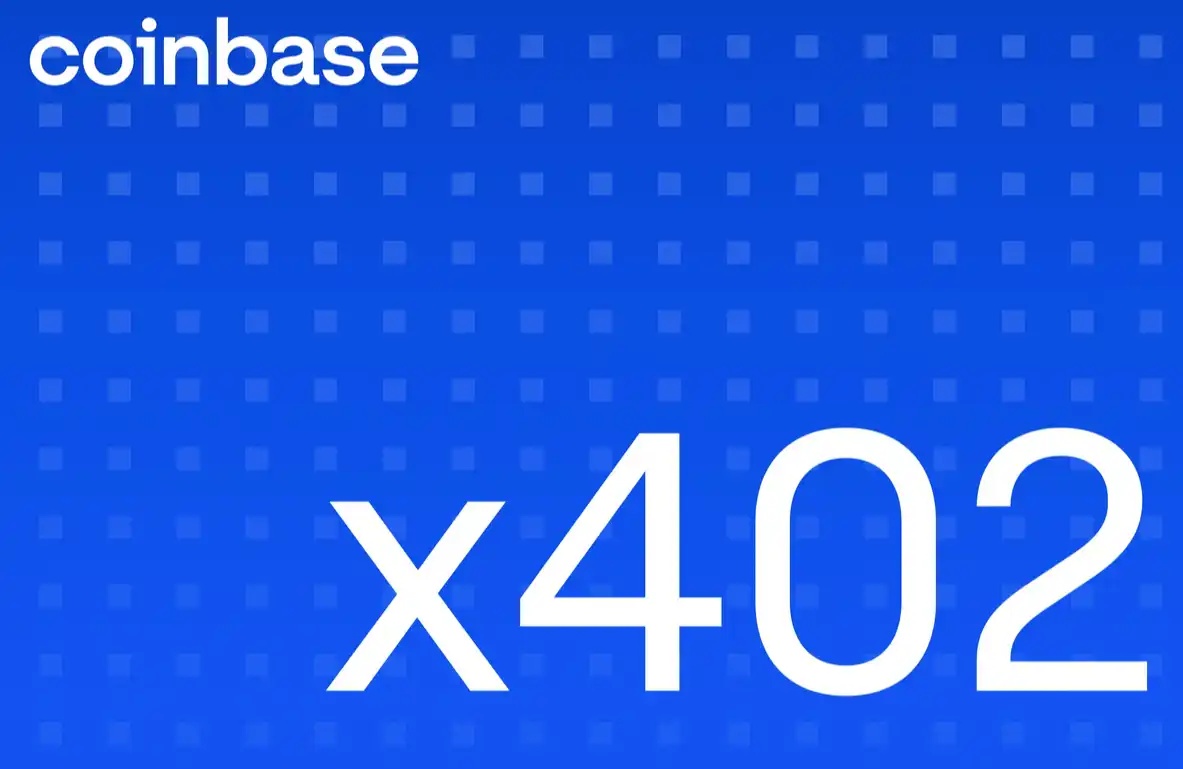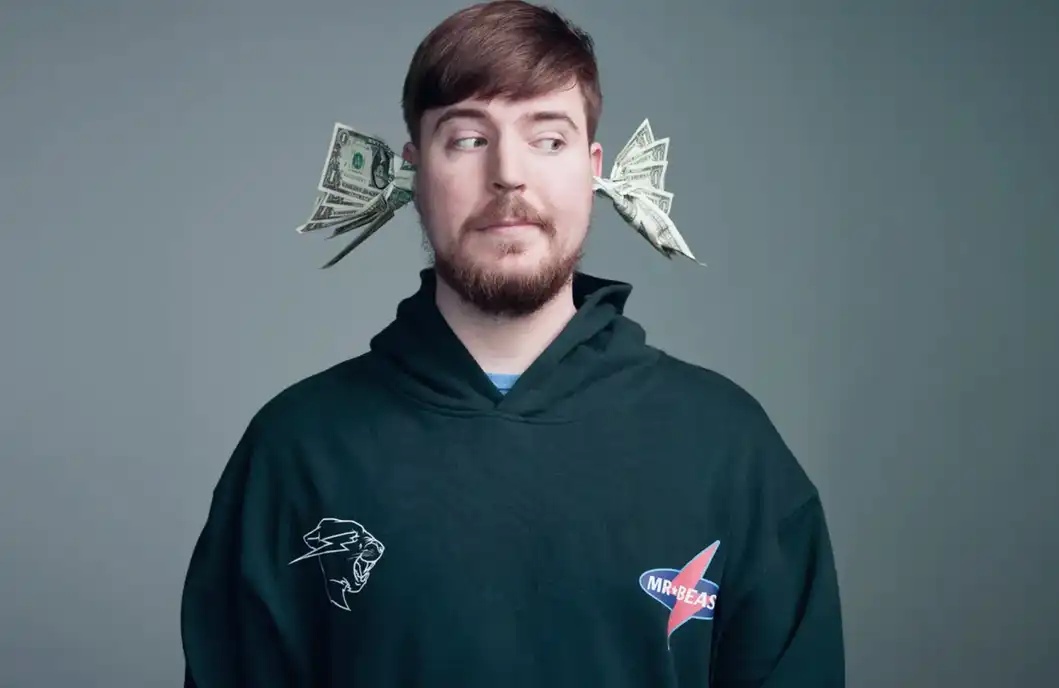FTX's success: What can Builders learn from SBF?
Original title: "The Wisdom List: Sam Bankman-Fried"
Original author: Mario Gabriele, founder of The Generalist
Original compilation: Tia, Foresight News
What lessons can you learn about managing and running a company from FTX CEO and Founder Sam Bankman-Fried (SBF)? If you only have a few minutes to spare, here's what investors, operators, and founders should know about "building."
Recognize your responsibilities. A CEO's job is simple: Make sure their business does well. To do this, you may have to step in to tackle a particularly challenging task and push it toward a desired outcome. It's not enough to delegate a project to someone - your responsibility only ends when the job is done.
· Hire the "right" people carefully. When faced with the "right" resume candidate, it can be stressful to hire them, but it often backfires. Especially when it comes to senior positions, this can get particularly expensive. You might think it would be smart to hire a CRO with decades of experience, but they might not aspire to work at a growing company. When picking new partners, priority should be given to learning ability rather than experience.
·Know your competitors. It is important to maintain a sense of competition. Instead of taking a zero-sum view, try to understand why your competitors make the choices they do—and track the results over time. You'll learn how your decisions stack up and whether you need to update your decision models for your space.
· Scale with purpose. Increasing headcount is a dangerous game. Companies that grow too fast risk losing their ability to execute and innovate. FTX expands intentionally, adding only as many employees as it thinks it can support, which will help accomplish a given mission.
Few companies have grown as fast as FTX. In more than three years, Sam Bankman-Fried's company has grown from a promising derivatives platform to one of the world's largest trading platforms, covering stocks, tokens, NFTs, and other financial services.
Managing this rate of growth will be difficult for any founder, while the volatility and regulatory complexities of cryptocurrencies make it a particularly formidable challenge. That makes Sam Bankman-Fried an excellent candidate for this Wisdom List, a series that asks founders of epics to share their most impactful operational advice. Not only did SBF build what may prove to be one of the most important companies of our era, but he did so often by going against accepted wisdom. I think he's one of the really hands-on first-principles thinkers in tech.
What is the first thing that FTX does 100x better than everyone else?
SBF: Risk Management. When we started building FTX in mid-2019, crypto derivatives trading was in terrible shape, losing roughly $1 million in client funds per day.
This happens because the risk engines of the trading platforms are pretty bad, some of them don't run for 12 hours at a time. If the market changes while the risk engine is not running, clients who should have been margin called do not, causing the account to go negative. When the engine restarts, there are only inferior options left. To cover this shortfall, trading platforms take money from profitable traders.
We think we can build it better. We designed a risk engine from first principles that runs 24 hours a day and proactively mitigates adverse outcomes. It knows how much collateral is required and when to make a margin call. It wasn't an easy task to build - it took a little work to get it to work properly - but it worked.
Correctly grasping risks is the most important feature when we were first established, and it is also the reason why people have recognized us for a long time.
How do you improve yourself?
SBF: There is no perfect answer to this question, the unfortunate truth is that it is confusing.
What I'm trying to do is not make excuses. As CEO, my job is to make sure the right things happen. When you realize this, you start to understand what you need to do and how far you need to go.
For example, I might tell a team member to do something that I think will be good for FTX. But my responsibility goes beyond that and ends only when the thing itself is done. If it doesn't get done, it's not my teammates' fault - it's my own. I need to do whatever it takes to get where we want to be, even if I don't know how. As a result, I spent most of my time learning about the unfamiliar — delving into a new subject, talking to experts, and trying to figure out what was going on.
The best way I have found to improve myself is to recognize that it is my responsibility and that I need to be proactive in learning and creating good things for our business .
What do you care about potential teammates?
SBF: There are some roles where expertise is very important. But in general, we pay less attention to the existing knowledge of potential teammates and more attention to their learning ability. It's almost a cliché at this point - I think many companies will realize that the latter is more valuable.
Other than that, we're looking for someone who can go into a busy, complex, chaotic environment and work hard. We like hardworking people, people who want to work, and people who are willing to take on the work themselves. We try not to let managers manage employees. Everyone in the company should be involved in the actual operation, whether it is writing code or designing products.
Often, people who meet these criteria are not literally "fit" employees. They may not have the flashiest resume or the most experience. In our experience, the people you're told to hire because they tick certain boxes, most of the time don't make it. For example, we often hear things like, “You should hire the CFO of a large public company and make them your CRO.” In our opinion, this is never a good idea. There are many reasons for this: you don't know if their previous company vetted them properly, you don't really know how well they're doing in the function, and there's some adverse selection - if they're doing so well why should leave? Many times, this type of person is looking for a retirement job. They want to glide with their resumes, not provide a "steady hand" and they'll screw things up.
I try to judge someone's competence by asking questions about topics they are very familiar with. I deliberately didn't ask them detailed questions about FTX - the candidate didn't have enough background to give an answer that was predictable for me as the interviewer. Instead, I would go through a sanity check by asking them to succinctly explain the project they worked on and outline their main goals. We are looking for someone who can impress us with clear thinking. But such people are not common. Sometimes we talk to candidates about a business they've spent years working on, only to leave with the feeling that they don't fully understand it.
This is especially true in one area: performance marketing. I've talked to a lot of people about it, but I always feel like they never think deeply about it.
What is the most important corporate culture of FTX?
SBF: I have thought a lot about this. Now my opinion has changed. If you had asked me when I first started FTX, I would have said something like "smart". But that's not really a cultural trait. It's not interesting enough. You'll never find a company whose goals are stupid.
Over time, I've come to feel that what sets us apart is our ability to really focus on getting the right things done. We will go through pain trying to figure out what we believe to get us right. This is our greatest trait.
There are some things that make us different from other companies. On the one hand, I think it encouraged us to build an extremely lean and coherent team. We don't want to expand our headcount because of this. We will only increase headcount if we believe it will help us achieve these results.
Today, we have 350 employees, which is a huge number for us. Everyone comes here for different reasons, and we have the resources to ensure they are mentored and trained to succeed in this environment. Doing so helps us create a culture that focuses on taking responsibility rather than fighting for honor.
Where do you get your new ideas from?
SBF: One approach is to use products a lot - ours and other companies' products . I will often sign up for a new account or try new features on FTX. If I'm upset about something, you can be sure other people will be too. After all, I should know this product better than anyone.
Another way I generate new ideas is by asking myself what works in my life and in the lives of other people. I will often spend time talking to companies exploring these areas. Recently, I decided I wanted to learn more about how companies started trading stocks. So I asked some of them to talk about how they got started and hear what worked and what didn't. Through these conversations, I ended up learning a lot about market structure.
How do you decide what to focus on?
SBF: Frankly, this is something I wish I had done better. However, I do have a rough outline.
First, I check to see if anything is urgent. What could put the company at risk now? If there is no immediate danger, I will think about the most important things in the medium term. When deciding what job to do, I try to make sure I'm not choosing based on what I'm good at. I don't think a CEO should say, "I'm not good at X, so I won't do it." If something needs to be done, I'll do it.
How do you feel about competition?
SBF: I think about it a lot, but I try not to think about it in terms of zero-sum . I don't spend time thinking about how we hurt our competitors. This is not a healthy atmosphere or good for the industry.
I mostly try to understand what our competitors are doing, especially when they are doing things differently than we are. What does their decision seem to be based on? How do I see their strategy?
If history proves them right, then that would be interesting to me. It tells me that maybe we should be doing more. It also helps me clarify our strategy. Sometimes people ask us why we don't do what our competitors do. If I take the time to think carefully, I don't have to have an existential crisis when this question arises. I can have full confidence in what we're doing.
What was your best branding decision?
SBF:Our best branding programs are very top-heavy. If you stop and think about it, I think almost everyone would agree on what strategy worked best for us. Ask a thousand people how they heard about FTX, and it's usually one of four ways: our Super Bowl commercial, the FTX Arena, our sponsorship of Major League Baseball umpire uniforms, and Tom Brady. Those have worked and I want to do more of these.
To be honest, some of the other things we did had little impact. Few people directly succeed in driving users to use the platform in one step.
What is your biggest management challenge?
SBF: Early on, the answer was that I didn't know how to manage. Maybe I know how to manage when things are easy and no one has any problems. But it's not that hard. The part I had to learn was what to do when things went bad. When I was a Jane Street employee, if I needed something, I could always go up to someone. It takes time to learn how to handle conflict or disagreement when there is no boss to turn to.
Lately, my best management minds have been figuring out how to scale the business without losing its character. How can you hire hundreds of people without the spread of responsibility that we've seen happen to competitors? I spend a lot of time on this now.
What is the story of FTX?
SBF: If you had asked me a few years ago, I would have said that our story is product". What I didn't expect was that we would be so active in regulation. In order to build the products the market wants, we must learn as much as possible about how to operate in a regulated environment. I think that ended up changing our business in a nice, pretty revolutionary way. We have broad power, not narrow power.
When I think about our story, this is what I think about. We're a company that doesn't just compensate for our weaknesses; we grow from them until they become strengths.
What are you worried about?
SBF: I think of hundreds of little things, all of which matter. However, I try to think of big events as much as possible. We have to hold on to some things, because if they fail, everything else fails.
Regulation is one of them. But we've spent a lot of time making sure we're a leader in this space. It's probably inevitable that we'll screw everything up, as everyone does.
My biggest worry is the failure of cooperation. What happens to take us from a company that is good and capable at many things to one that is good only in a narrow range? If your abilities decline across the board, everything gets worse. Your ability to deal with regulation will decrease, your ability to win customers will decrease.
The way this happens is from cultural rot. If we allow ourselves to be large and distributed, we risk becoming an unexecutable company. We've seen this happen in many businesses. I worry about making sure it doesn't happen to us.
How will FTX change our times?
SBF:If we can make the kind of impact I think we can, FTX could be a Companies that provide the public with genuine and consistent market access are remembered.
There are many steps to achieve this goal. We have to understand how finance works and then ask: how does it or should it work? What is holding it back? How far is it now? What we're going to do here is figure that out.
Original link a>
Welcome to join the official BlockBeats community:
Telegram Subscription Group: https://t.me/theblockbeats
Telegram Discussion Group: https://t.me/BlockBeats_App
Official Twitter Account: https://twitter.com/BlockBeatsAsia


 Forum
Forum Finance
Finance
 Specials
Specials
 On-chain Eco
On-chain Eco
 Entry
Entry
 Podcasts
Podcasts
 Activities
Activities
 OPRR
OPRR








